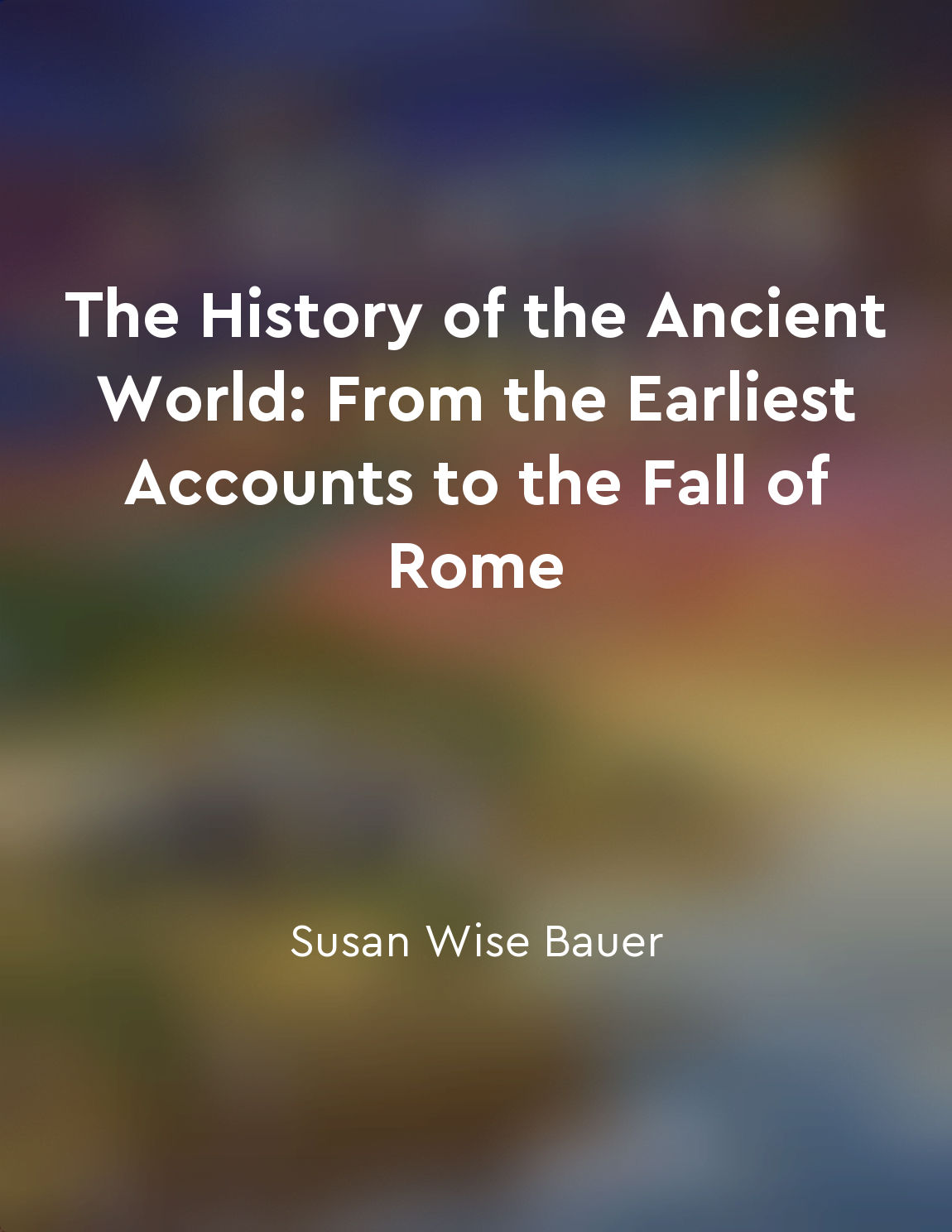Malthusian trap and overpopulation from "summary" of The Fate of Rome by Kyle Harper
The Malthusian trap is a concept that has long haunted human societies. It posits a grim reality: when a population grows too large, it surpasses the capacity of its environment to support it. With resources stretched thin, the population faces famine, disease, and ultimately, collapse. This theory, articulated by Thomas Malthus in the 18th century, has been the subject of much debate and discussion over the years. In the context of the Roman Empire, the Malthusian trap becomes a powerful lens through which to understand the challenges faced by the ancient world. The population of the empire exploded in the first few centuries CE, reaching unprecedented levels. Cities swelled with people, and the countryside became increasingly crowded. With more mouths to feed and fewer resources to go around, the stage was set for a Malthusian crisis. Overpopulation was not merely a matter of too many people in one place. It had profound consequences for the environment, economy, and social fabric of the empire. As the population grew, resources such as land, water, and food became increasingly scarce. This led to intense competition and conflict, as people vied for limited resources. The strain on the environment was immense, leading to deforestation, soil depletion, and other forms of ecological degradation. In the face of overpopulation and resource scarcity, the Roman Empire was forced to adapt. This often meant expanding its territory through conquest, in order to secure new sources of food and wealth. However, this strategy was not sustainable in the long run. As the empire grew larger, it became increasingly difficult to govern and defend. The strain of overextension only exacerbated the underlying problems of overpopulation and resource depletion.- Combined with environmental degradation and economic challenges, weakened the empire from within. In the end, Rome was unable to escape the trap that had ensnared so many societies before it. The fate of Rome serves as a stark reminder of the dangers of overpopulation and the limits of growth in a finite world.
Similar Posts
Cultural factors affect societal development
Cultural factors play a crucial role in shaping the development of societies. The beliefs, values, and practices of a society c...
Collapse is not inevitable, but preventable
The idea that collapse is not an inevitable outcome of a society's trajectory, but rather a preventable phenomenon, forms the c...

Geographical distribution of species
The geographical distribution of species is a topic of great interest to naturalists, as it can provide valuable insights into ...
The lack of political unity weakened Rome's ability to respond to external threats
The disunited councils of Rome were separated by factions and discord, each pursuing its own interests rather than the common g...
Sustainability is essential for societal longevity
Sustainability lies at the very heart of societal longevity. Without sustainable practices, a society risks depleting its vital...
Scientific advancements revolutionized the way humans understood the world around them
Scientific advancements have played a crucial role in reshaping human understanding of the world. Through discoveries and innov...

Explore the rise of ancient civilizations like Sumer and Egypt
The emergence of ancient civilizations such as Sumer and Egypt marks a significant turning point in human history. These early ...

Discuss the establishment of new political systems in Europe
The establishment of new political systems in Europe was a complex process that unfolded over centuries, marked by shifts in po...
Climate shifts affected agriculture
The ancient world depended on the stability of the climate for its agriculture. In the vast expanse of the Roman Empire, farmer...

